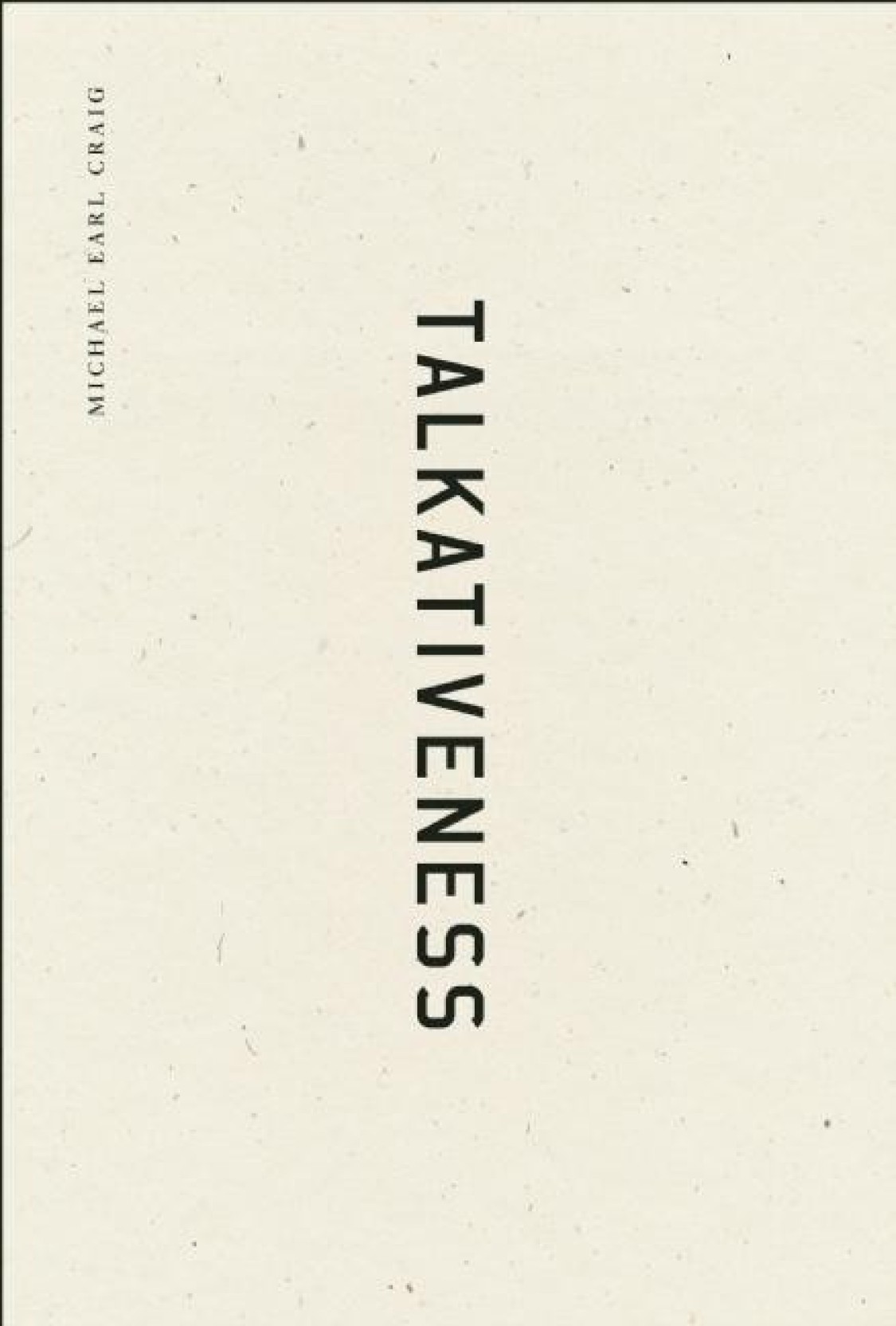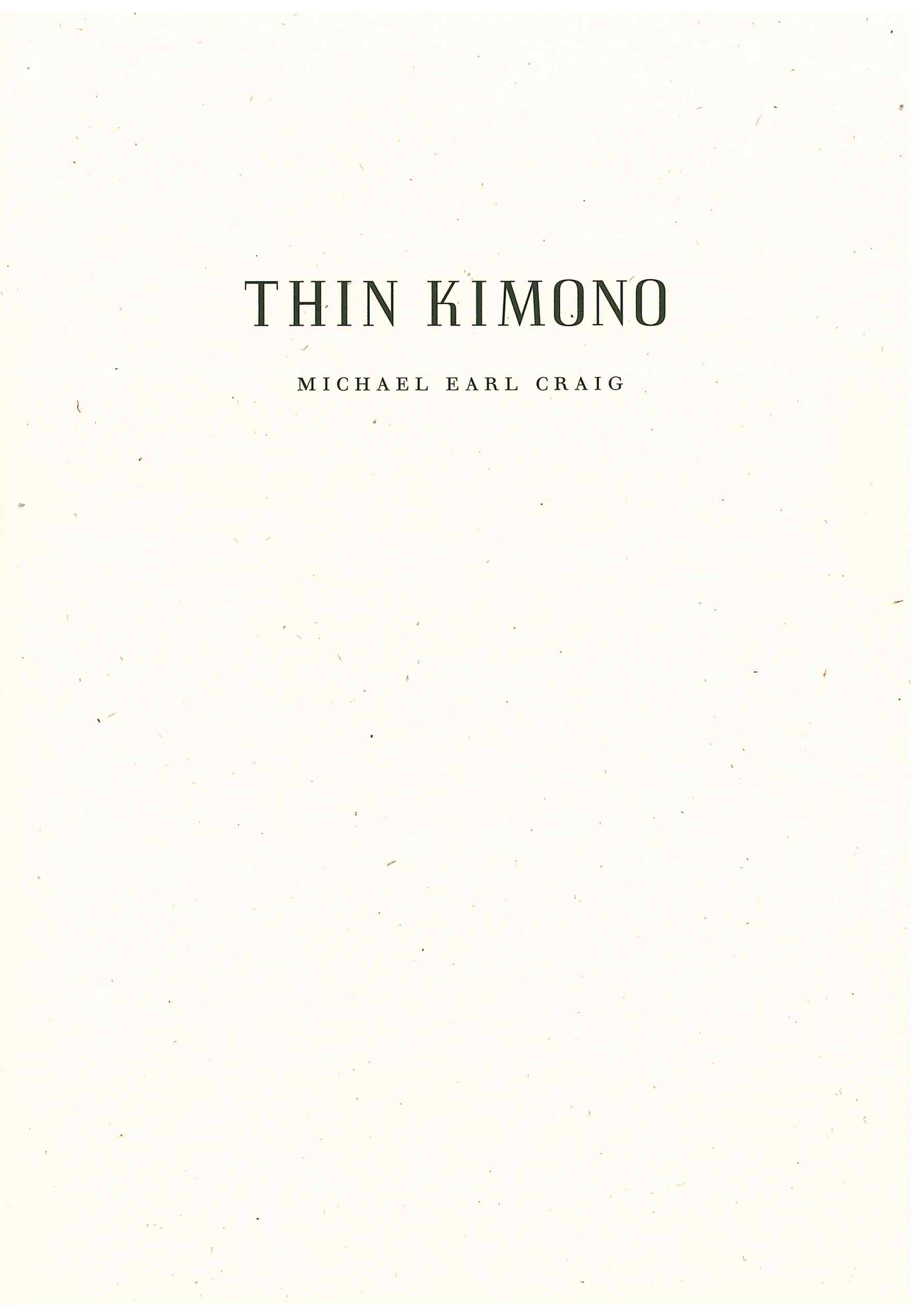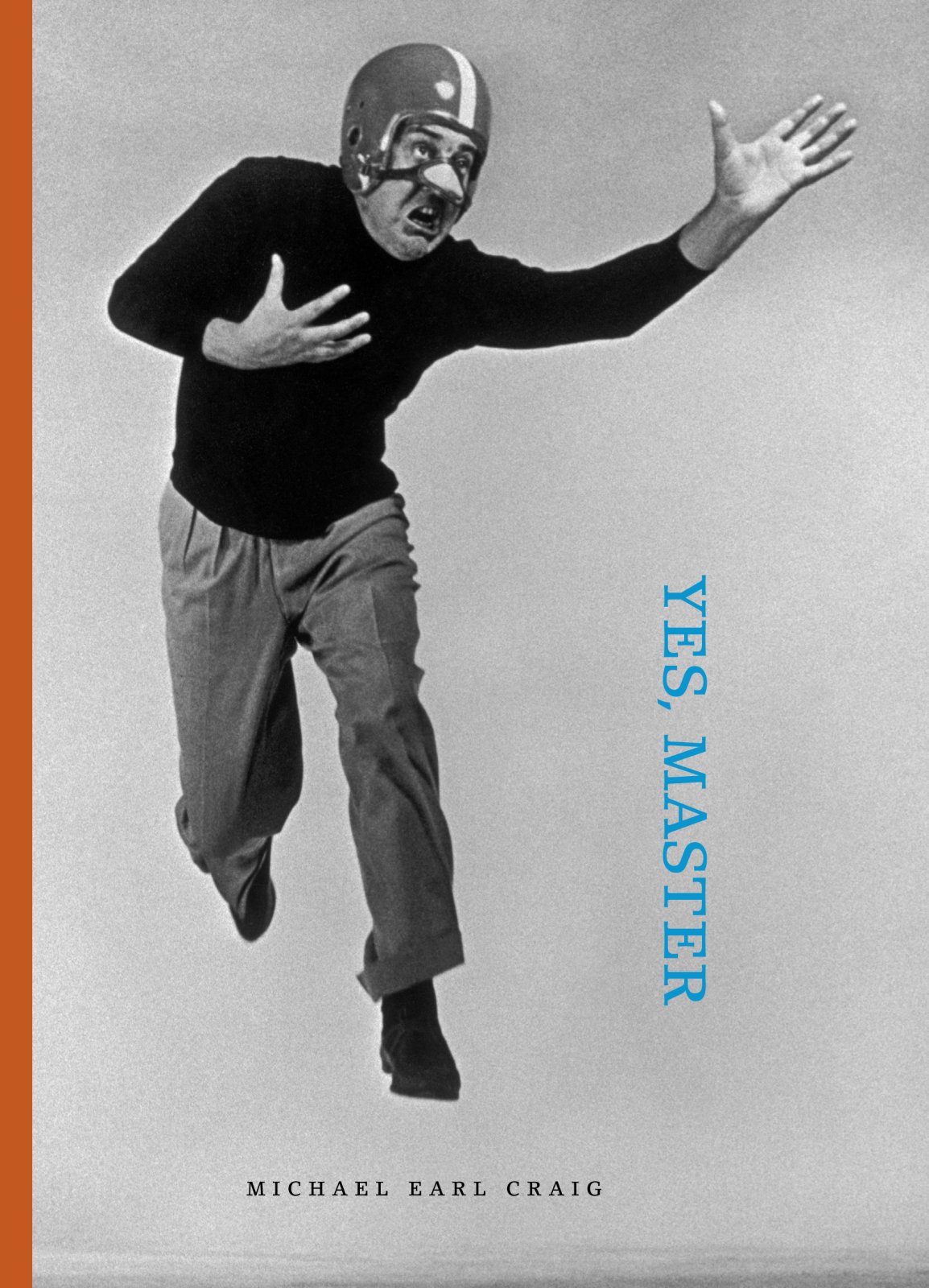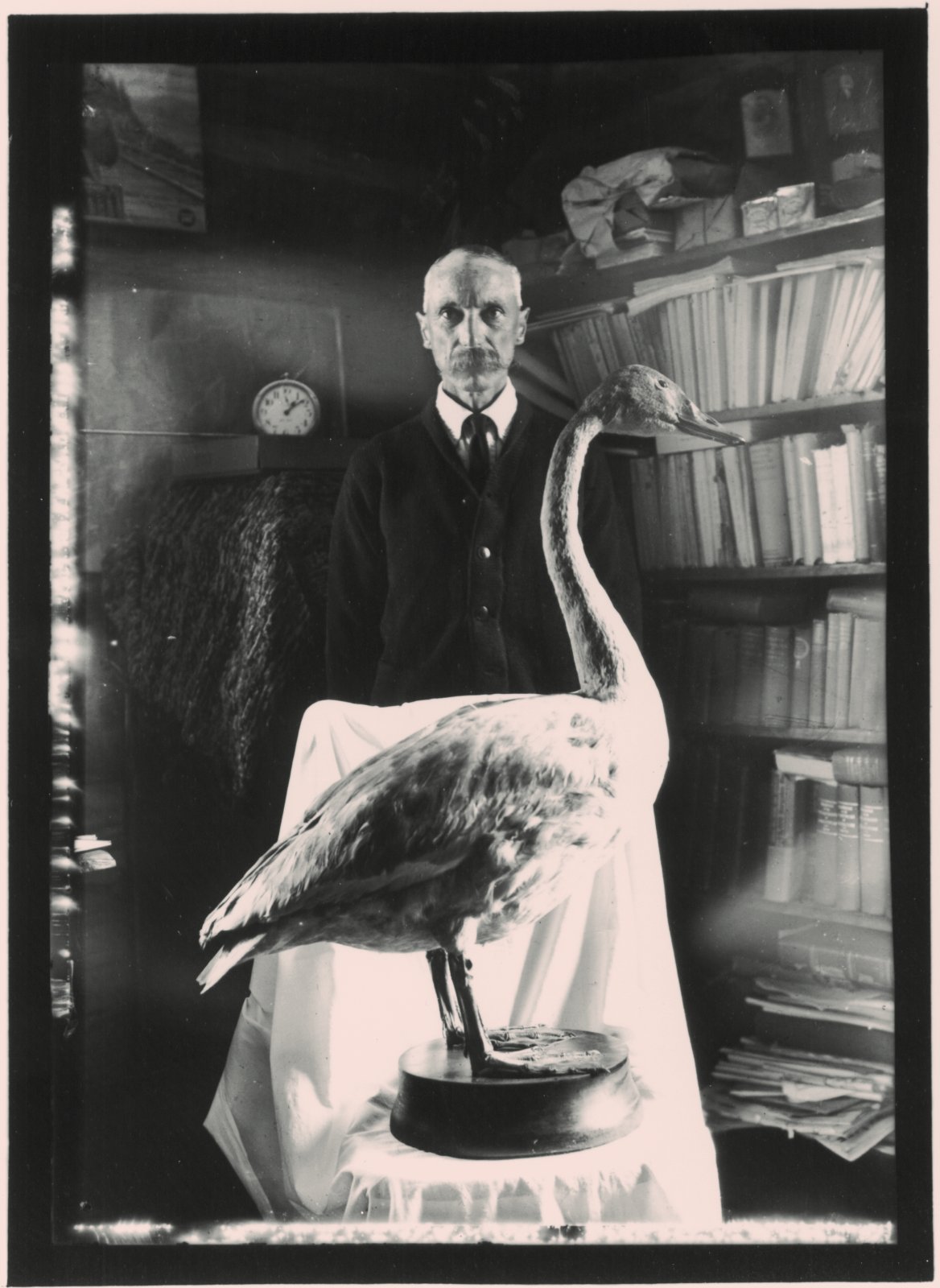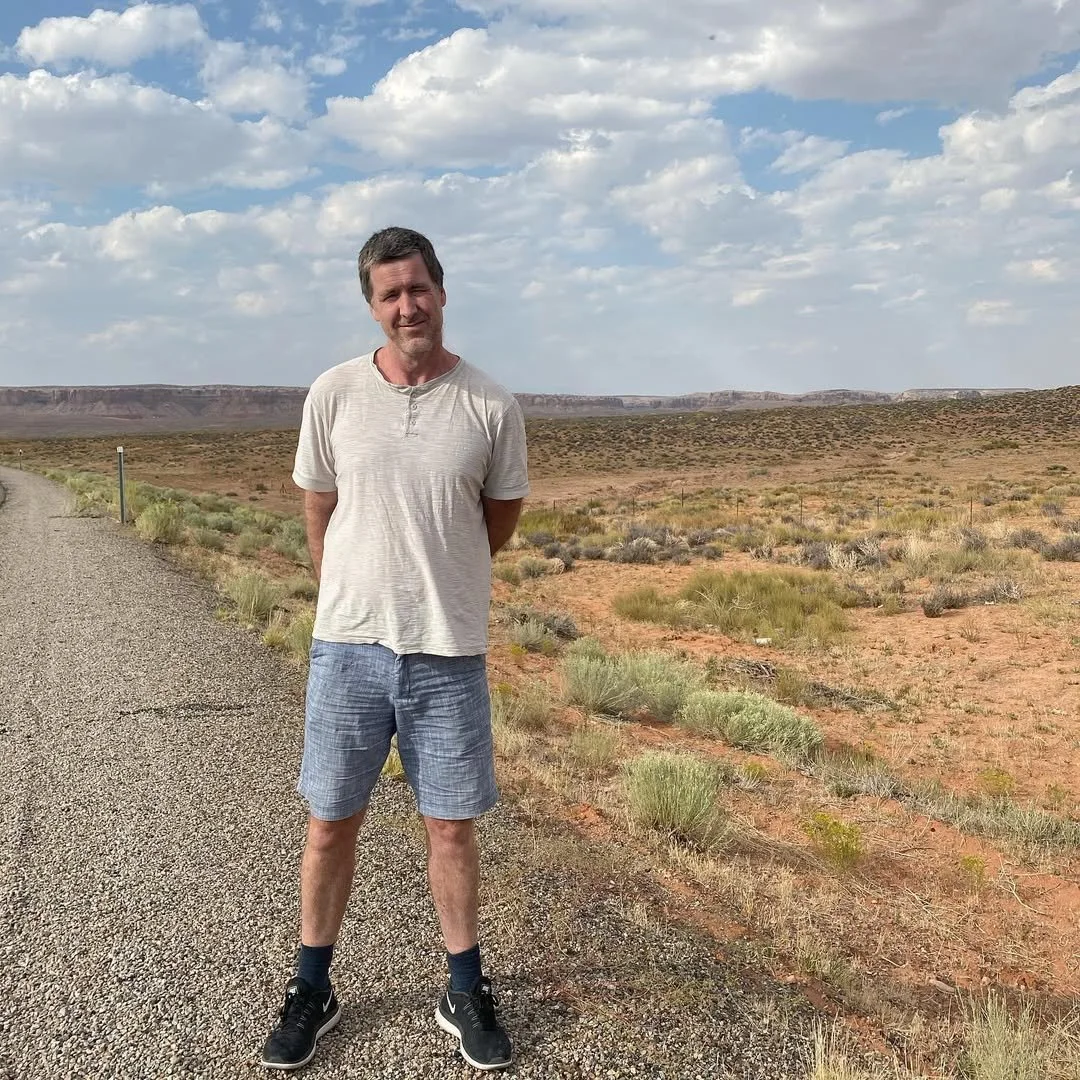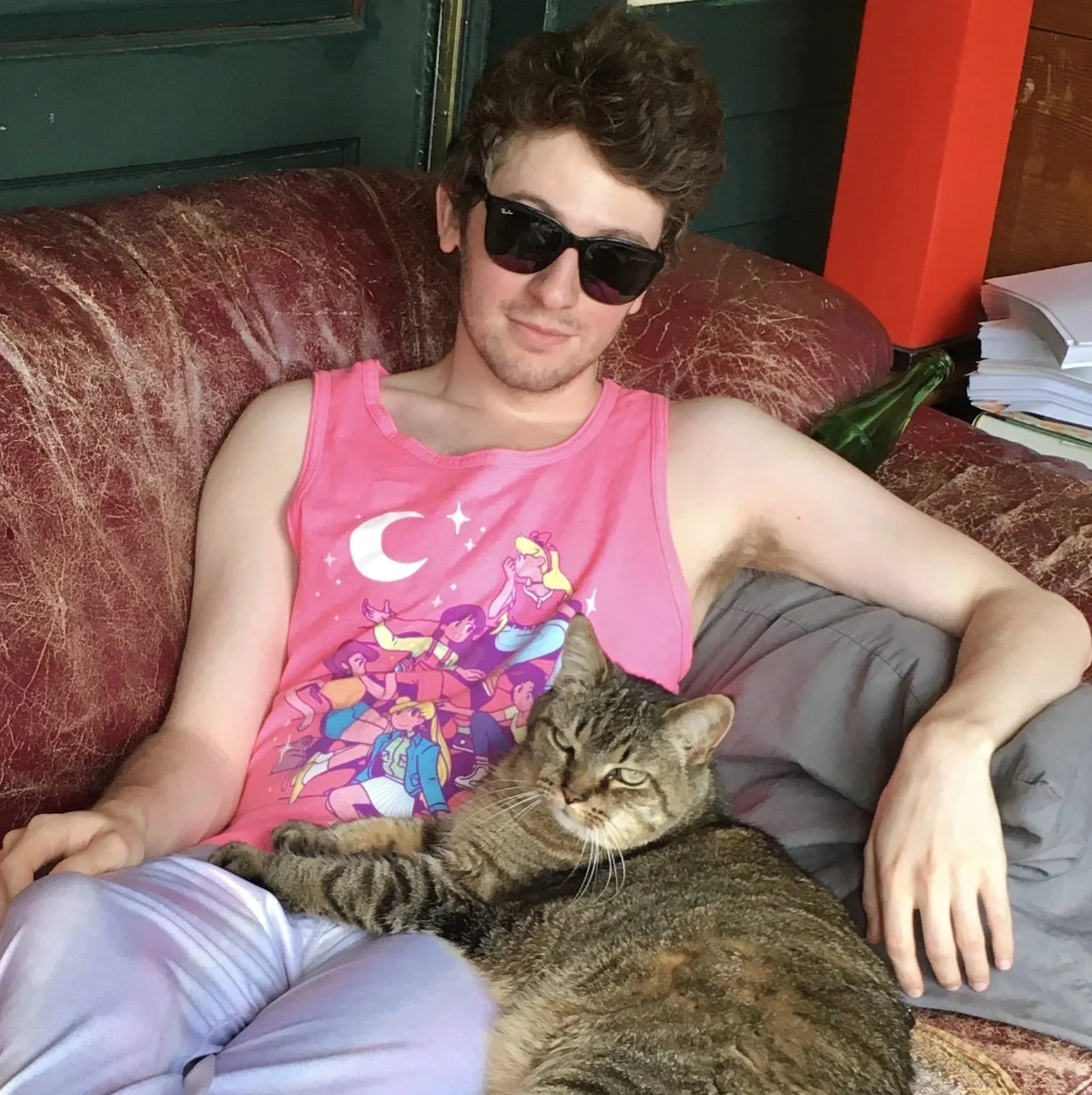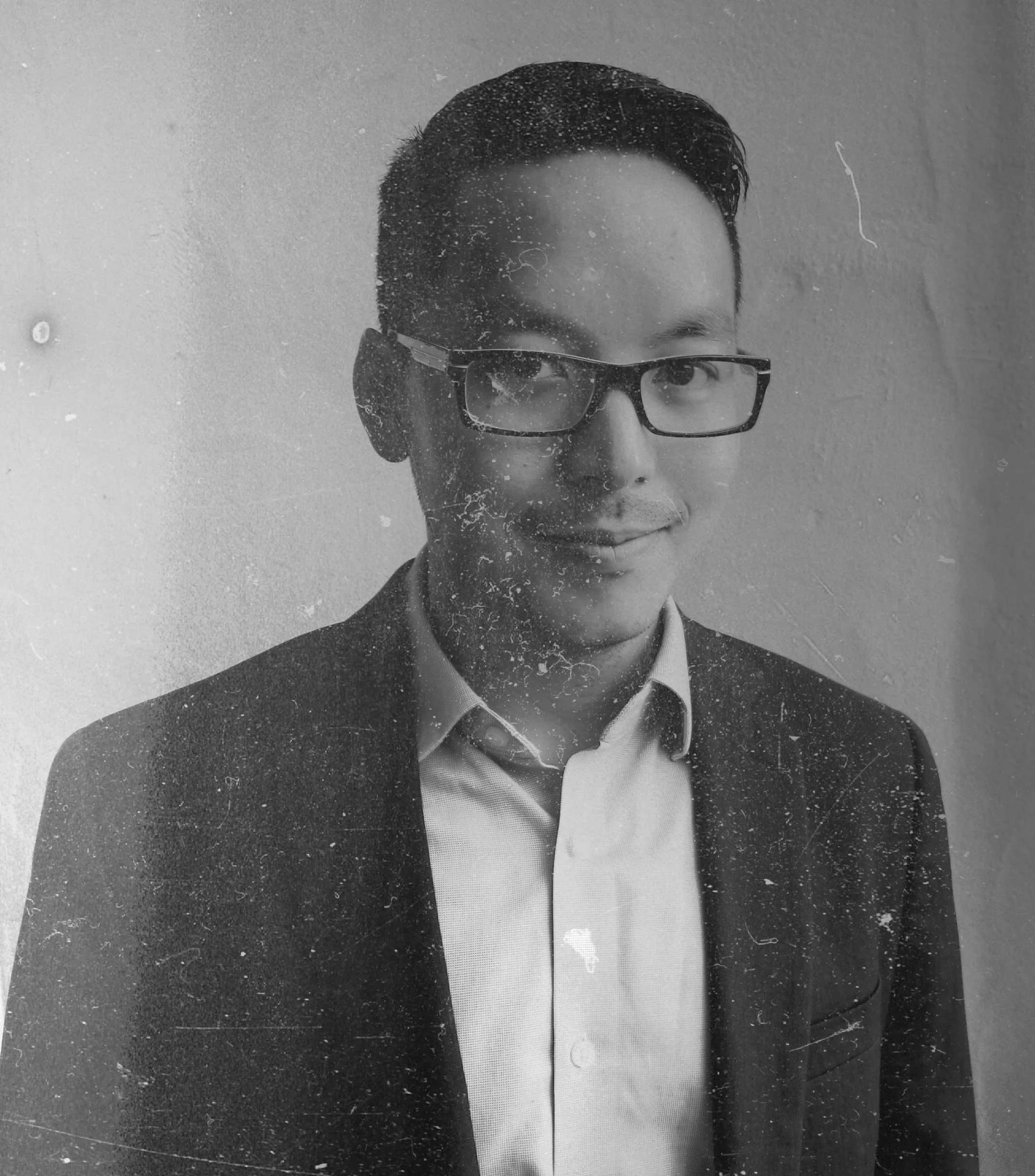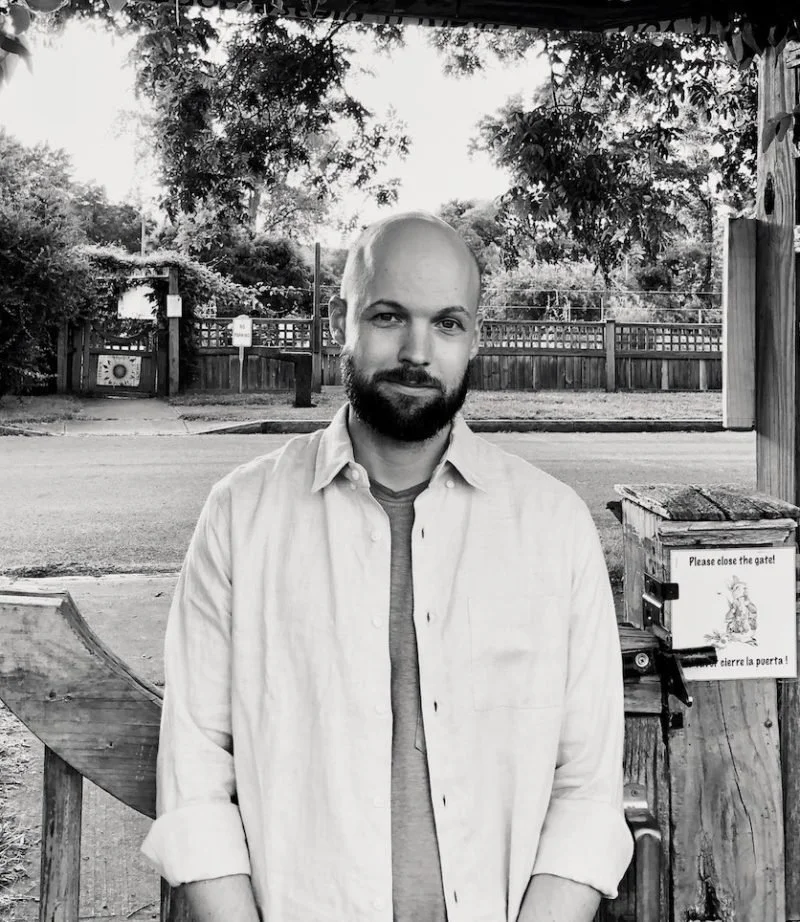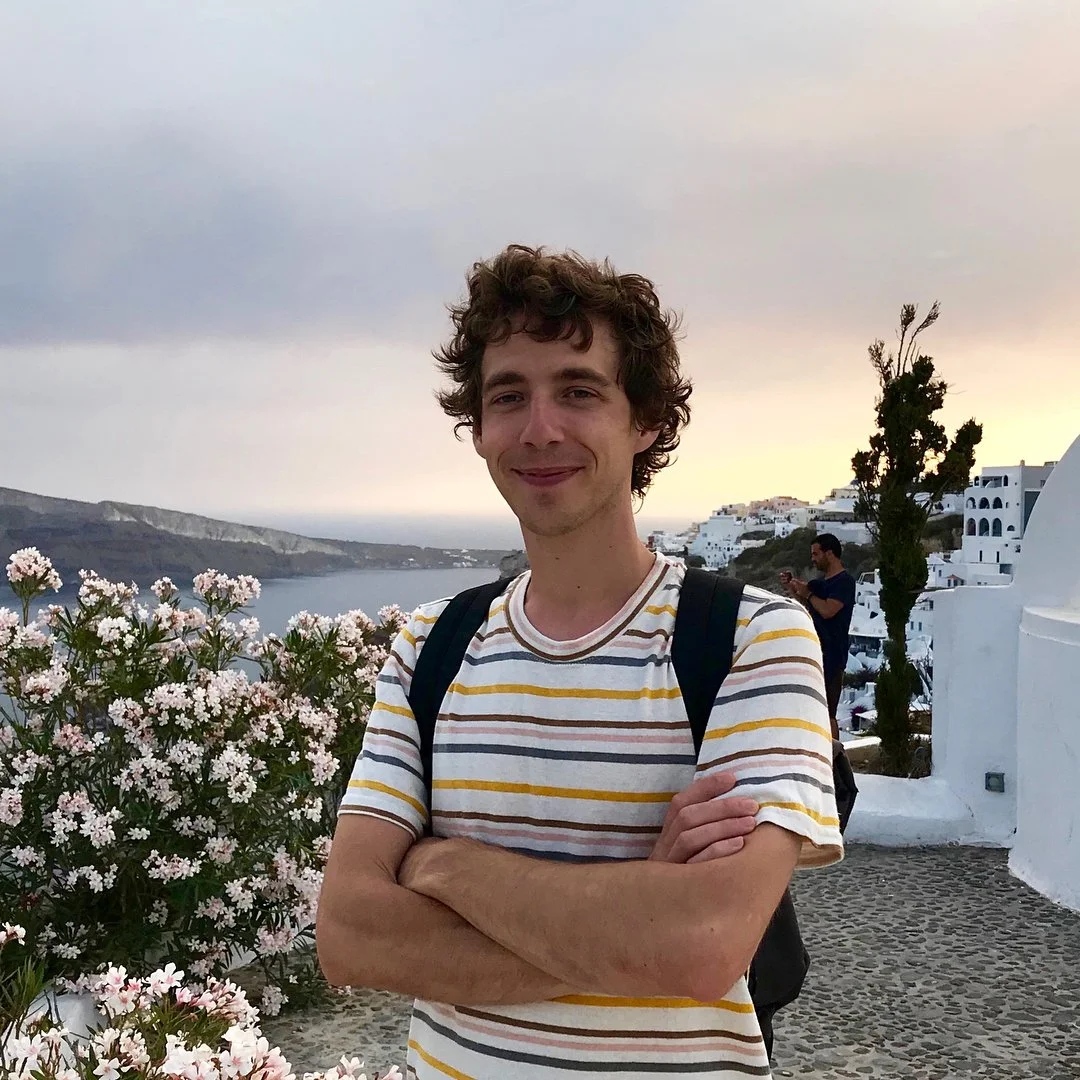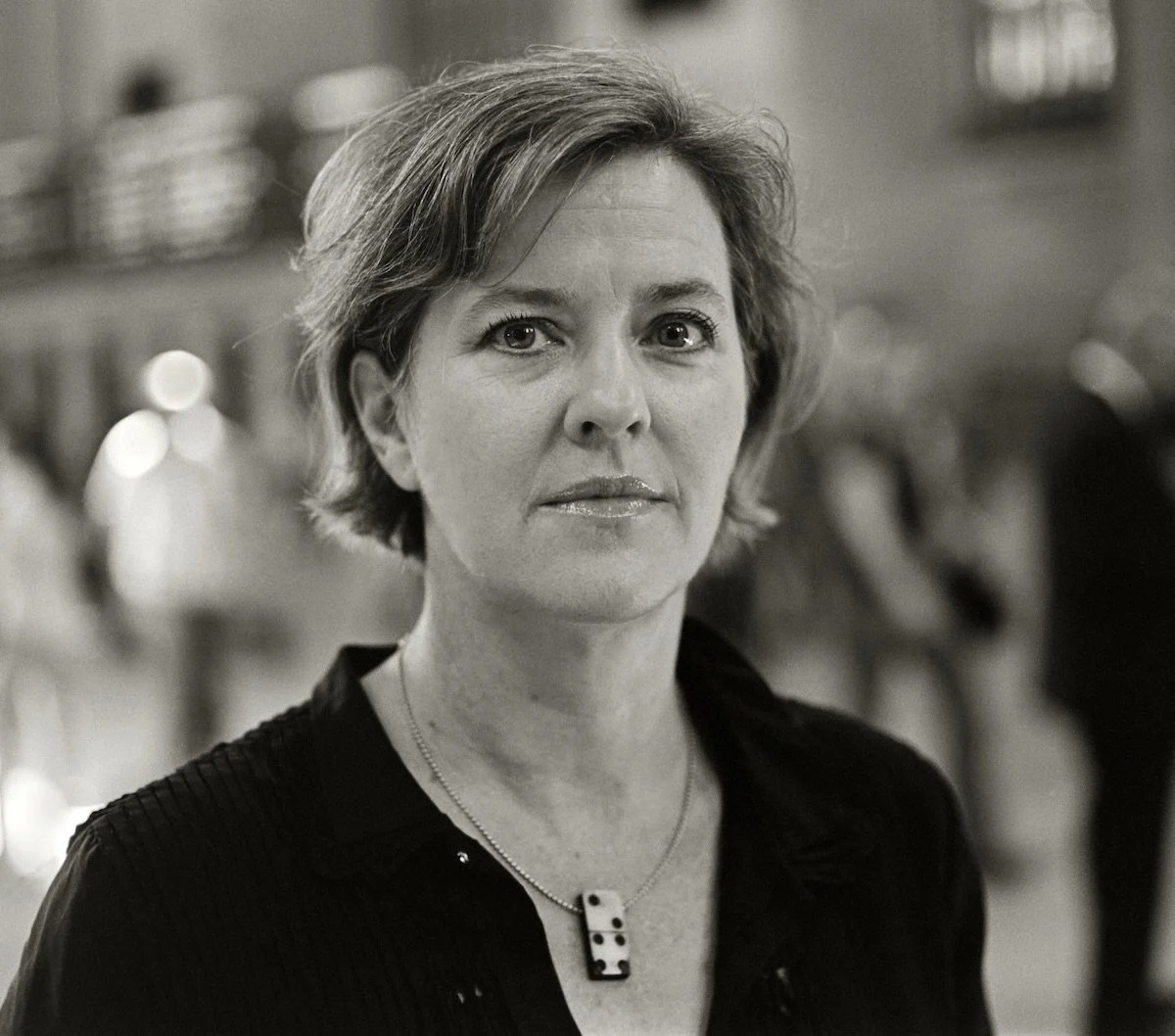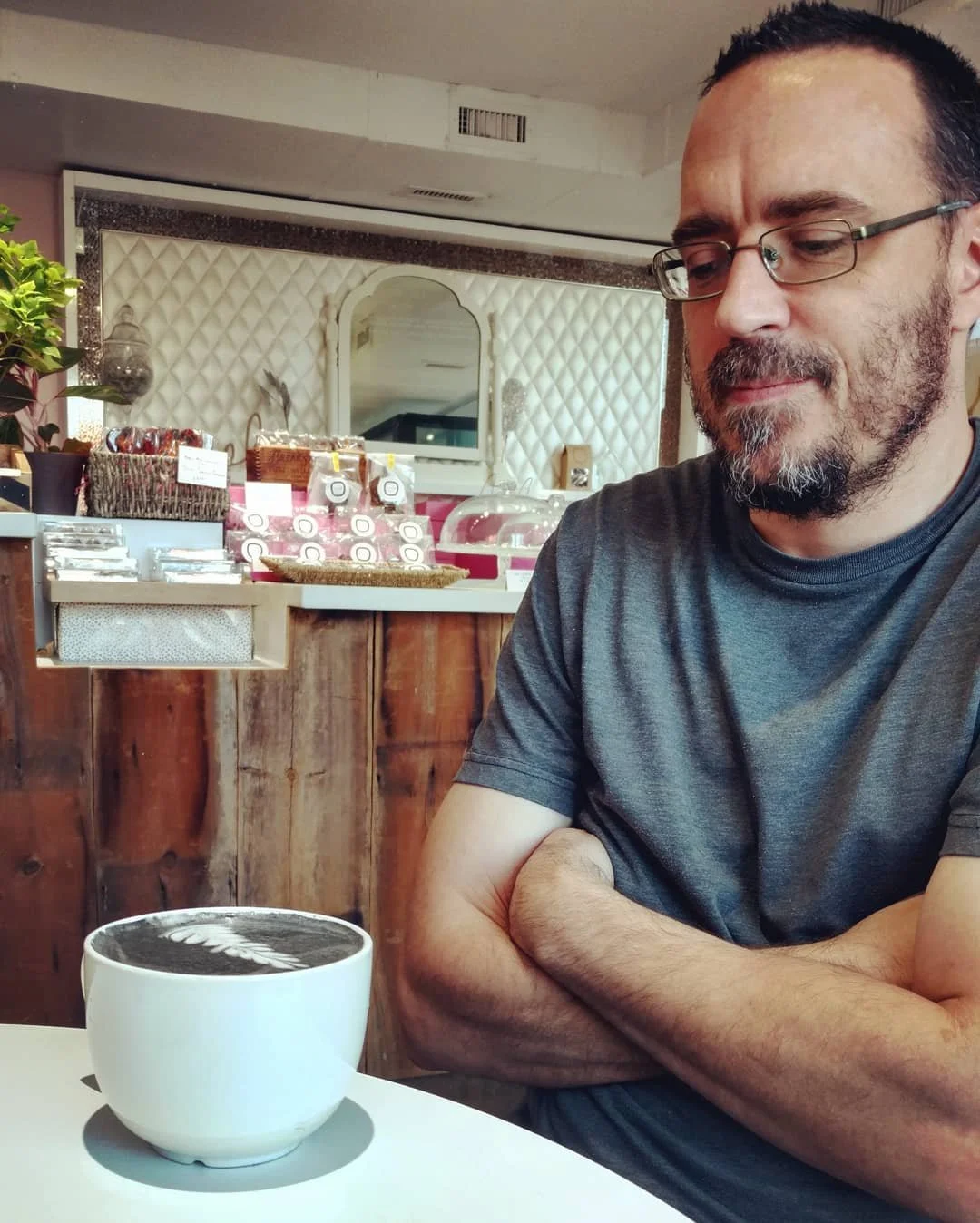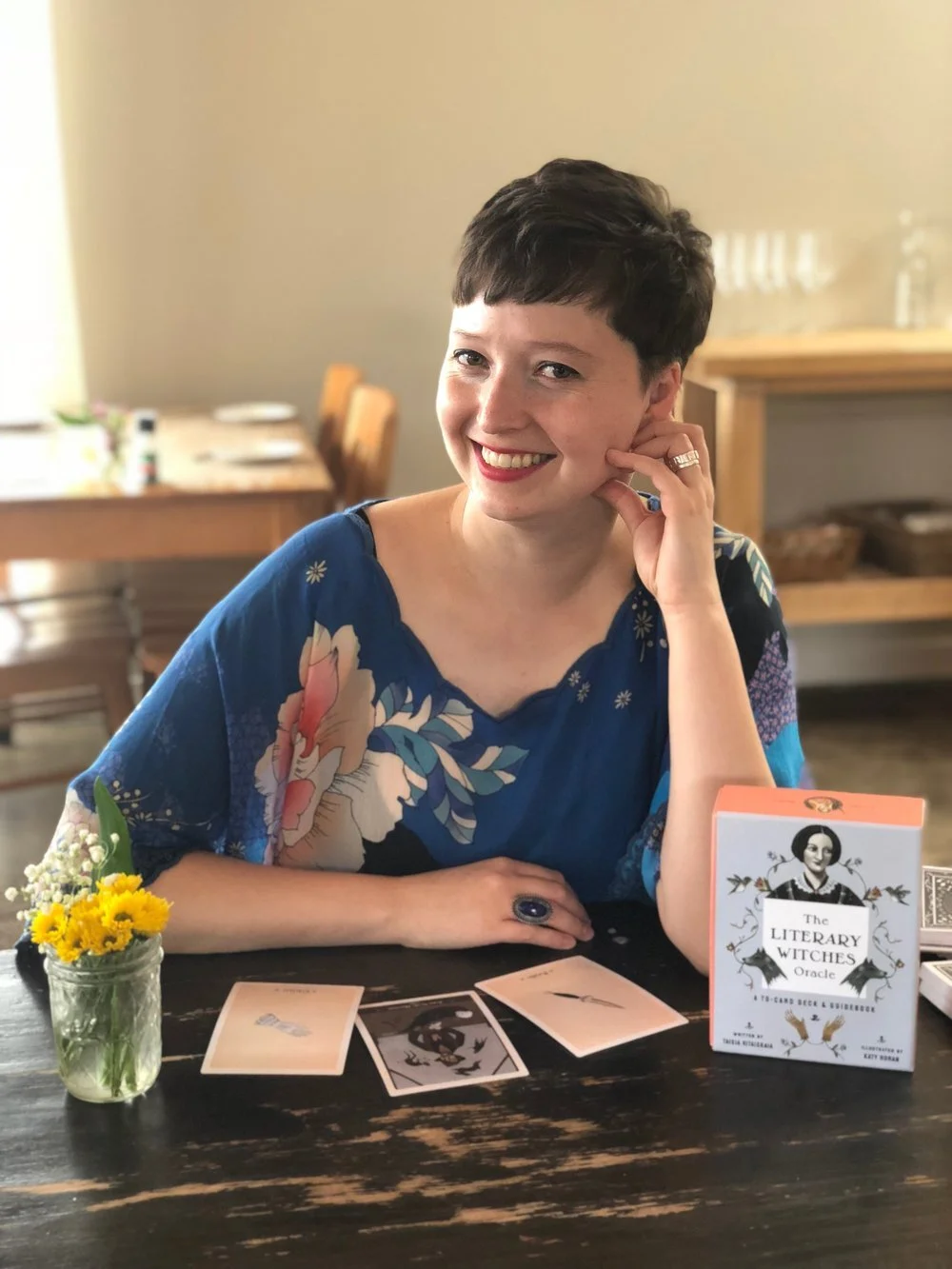Banner image via University of Arizona
I first read Michael Earl Craig on a flooded island in Mexico. Somehow this makes sense. I was visiting for my birthday late last May and had his second collection of poetry, Yes, Master, in my backpack. With a cover that features a theatrical football player wearing slacks and a nose guard, I didn’t know what to expect. What I found, as I read during that tropical downpour (and later through his other four collections), was a thoughtful and observant voice meandering through a quiet world. Allowing the mind to drift into miniature fables, comical snapshots of oddball postcards. Sentences that surprise the neighbor’s dog. With a brand new collection out in the world, Woods and Clouds Interchangeable (Wave Books), I spoke with the poet laureate of Montana (and resident of Livingston) about snakes, encyclopedias, writing prompts, John Lee Hooker, and lawnmowers in the distance.
Congratulations on the release of your fifth collection! Can you speak a bit about the poems / the process that went into forming this collection? Were they all written following the publication of Talkativeness in 2014 or did some come from salvaged older parts?
They were all written after Talkativeness.
I watched one of your readings where you mentioned a friend sending you 12 words that had to be used in the poem. Do you often begin your pieces with a prompt or a restraint? Can you think of another that comes to mind?
I don’t always have a prompt. Probably most times I don’t. But I do like prompts/assignments. A few years ago a different writing friend gave me a somewhat elaborate prompt that involved phonetic translations of lines from other people’s poems that had been written in different languages I was unfamiliar with. I used lines from Federico Garcia Lorca and Jean Follain if I’m remembering correctly. And maybe a third poet (?). Might’ve been Georg Trakl. This assignment had lots of rules. I remember completing the task, but then going back and tweaking things a bit, ditching some things and adding others. I also like writing about paintings and photographs.
In your Portland reading last month, you mentioned how your parents shipped you the entirety of their 1997 encyclopedias and this was the inspiration behind your 'Who Was' poems found throughout your new book. Were all of these poems written using these encyclopedias? Any (in)famous characters that you wrote about that didn't make the final cut? Do you plan on using these encyclopedias in the future?
They were the 1976 encyclopedias, not '97. These were the books we had in our house when I was a kid. And I'm not sure they were the inspiration for those poems, but I did go to them first to see if my subject had an entry there. Sometimes I'd find the necessary goods there, sometimes not--at which point I'd consult Wikipedia. I love how frozen in time the information seems in those books from the 70s. It's fascinating so see who/what all made it into those books, and how they were handled in writing. I tried the Queen of Sheba but she fell to the wayside. Also Uncle Mo--he got cut, overshadowed by Man O' War. No real plans for these books in the future…but who knows.
You seem to do a great job separating your full-time job with poetry. Is it difficult to get home from a day of work and have the energy to approach the poem? Is it ritualistic, therapeutic, or perhaps something only enjoyed on off days?
Off days are best. I guess it depends on how long the work day was. Spring / summer work days can sort of leave me feeling whipped. If I already have a strong draft of a poem then it's easier to check back in with it, whereas starting something new at the end of the day is less likely. I admire people who write on schedule every day, so far I've never been able to do that.
I listened to your episode on the Otherppl podcast with Brad Listi where you mention riding horseback from one end of Montana to the other. Was there one particular location or landmark, one city/town, that really struck a chord with you? You also mention sleeping in an area known to be overrun with snakes. Any other snake stories / encounters you care to share? Are they common in your neck of the woods?
That horse trip was a long time ago--summer of '97. I was still in the grad. program at U. Mass. I'd slept on the ground, got up early, broke camp, and started to ride up the road, an open, rural area, dirt roads and sage brush. That's when I started hearing rattles going off in different places as the sun came into that area. The snakes get groggy and hunker down during the night but bounce back a bit like zombies when things warm up. I got to that first town and people told me I'd slept in an area notorious for snake action. We have snakes here around the house, rattlesnakes and bullsnakes, but they mostly keep to themselves.
I'm equal parts terrified and intrigued, and I partly blame watching Indiana Jones as a child. Outside of your own work, what have you been reading as of late? Any recent books that have absolutely floored you?
I just read the new Cesar Aira book, Birthday. And I'm reading some of his short stories, too, from his book The Musical Brain. Also Clarice Lispector stories. And I'm crawling through—not snorting—Proust's Sodom and Gomorrah (Penguin's vol 4, translated by John Sturrock). I wish I could snort Proust—as some say they have—but can't.
That's interesting that you're reading Cesar Aira's new book. The YouTube reading I linked earlier in our conversation, you had mentioned reading Aira's book Dinner. You must be slowly chipping through his bibliography, which appears to be incredibly prolific. If you can, please describe your writing workspace. What are some essentials you need?
I don’t drink coffee, and dislike notepads. Music is fine if not jaunty, but preferably without lyrics. Complete silence seems unreasonable. If I can hear lawnmowers in the distance that’s good. Sometimes I will have hand written the beginning of something, the first draft, or maybe just some lines, but as soon as I can get away from handwriting I will do that. I just like the act of typing. Typewriters are still my favorite but if I don’t have one I can definitely work on a computer. Something about typing-up a poem—the feel of it, the big action of the keys, the sound of it, the whole physical act of it—and then handwriting changes on that sheet of paper, then re-typing, etc.—this is my favorite mode.
Toggling Spotify or iTunes (or CDs in your stereo or records in a crate) to shuffle, please list the first five songs or artists to appear. Any stories/memories linked to these artists/songs?
A quick look at iTunes shows Calexico's Convict Pool was the last album listened to. And I love that first song on the album called "Alone Again Or," a cover of a song by The Damned, which always takes me back to my high school days, to one particular person actually, it never fails. When I pick up my iPod and flip through it's Thievery Corporation's The Cosmic Game, Joe Strummer & The Mescaleros' Streetcore, John Lee Hooker's Chill Out, a Tindersticks album called Tindersticks [II], and Charlotte Gainsbourg's IRM. That John Lee Hooker album always takes me back to a week (felt like 3) I spent visiting my brother in his small Chicago apartment, mid-nineties, Christmas break--the snow, the COLD, the wind--sleeping each night on a flabby couch next to both a cat litter box and big aquarium that filled the room with its watery aquarium light. That Tindersticks album is U.Mass. for sure. I think of a particular apartment building a friend lived in. The dinner parties there. Certain little dramas. And I think corn fields that could be seen from the parking lot.
For this ongoing author interview series, I'm asking for everyone to present a writing prompt. It can be as abstract or as concrete as you please.
Pick someone in your family and write them a letter. Could even be a deceased friend or relative. This could be a letter you know you'd probably never be able to send. But it doesn't have to be that type of letter. Just don't think about poetry as you do this. This is a letter! Take it seriously, and be specific--maybe describe your work day, or a particular event, or why you intend to vote for X, etc. When you're done you don't necessarily have a poem or even a draft of a poem (although maybe you do). Just see if any interesting material gets unearthed.
Do you have any advice for writers/poets working on their craft? Or perhaps a better question: what's something you wished you had known when you first started writing and submitting your poetry / first manuscript.
Oh man, advice is tough. Just do this if you feel like doing it. Actually writing is always better than thinking about writing. And don't forget you have a body.



